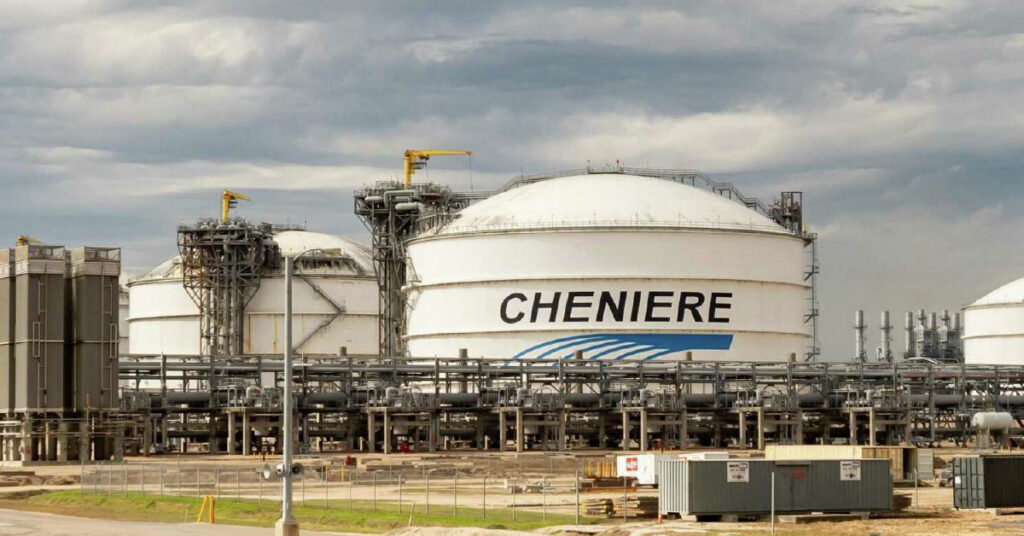Rather than being known for its pioneering pharmaceuticals, Mylan is increasingly becoming infamous for its pioneering tax avoidance strategies. In 2015, Mylan used an inversion to claim that it is now based in the Netherlands for tax purposes. It is a Dutch company only on paper because ownership of the company was mostly unchanged and it continues to operate largely out of the United States. This maneuver has allowed the company to avoid millions in taxes on its earnings in the U.S. and abroad.
But that’s not the end of Mylan’s innovation when it comes to tax planning. A new report by Reuters found that Mylan is using a surprising new technique for dodging taxes: investing in coal refineries.
The tax code currently provides a credit for the refining of coal, at a rate of $6.91 per ton processed in 2017. Mylan has taken advantage of the credit by investing in five companies that operate coal refining plants. These investments are only profitable for investors because of the tax credits. In combination with the research credit, this tax break allowed the company to avoid over $100 million in taxes over each of the last two years.
The idea behind the credit is to encourage companies to refine coal so that it creates a lower amount of emissions. But experts doubt that such incentives can work because the cost of technologies to reduce emissions from coal are very high, whereas the cost of other alternatives like wind and solar power are falling. Tax breaks for “clean coal” seem to be just another tax giveaway to entrenched corporate interests with no clear benefit to the broader public.
Additionally, a good question to ask is why if a company chooses to invert in order to avoid taxes, whether it should even to be allowed to claim the refined coal or any other tax credit. Companies considering an inversion would likely think twice if they were no longer able to enjoy some of the tax benefits of being a U.S. company if they pretend to move abroad.
Mylan’s aggressive tax avoidance schemes make it a posterchild for everything wrong with the tax code. Rather than giving companies new tax breaks or a cut in their overall tax rate, the focus of tax reform should be to completely clean out the code of all the special interest tax breaks and loopholes that companies like Mylan take advantage of.
To start, this means that lawmakers should enact legislation to bar companies from using corporate inversions as a way of pretending to be foreign entities for tax purposes. This practice could be effectively ended through legislation instituting an exit tax, restricting the definition of a foreign company after merger, and cracking down on earnings stripping.
In addition, lawmakers should eliminate tax giveaways like the tax credit for refined coal, which has turned into yet another corporate tax shelter. While it is certainly the case that Mylan has been aggressive in its tax avoidance, Congress is ultimately to blame for allowing these tax loopholes to remain in the code.





